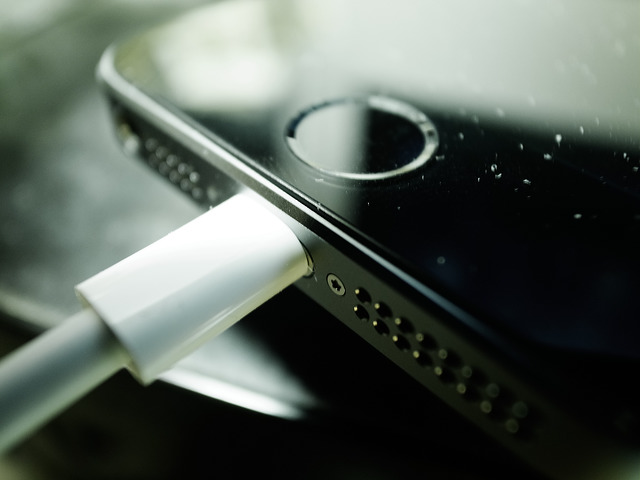 APPS
APPS
 APPS
APPS
 APPS
APPS
Apple Inc. had to go to war in China over fraudsters who were making handsome profits from buying or stealing iPhones, replacing some parts, and then claiming the phones were broken, according to a report in The Information published Tuesday.
That report states that in 2013, Apple’s only retail store in Shenzhen, China, had to close its doors temporarily because of long lines of customers seeking to replace their broken iPhones. Only the warranty claims numbered around 2,000 a week, far more than any of its stores around the world.
Apple then started to investigate the matter, and according to the report the company found that fraudsters were largely behind those long lines. It turned out that they were returning iPhones with the real parts, such as screens or CPUs, replaced with fake components. The scammers would resell the original parts.
Sometimes the parts would be sold to people making their own kind of iPhone, or Frankenphone, which are constructed using some real components and some other parts. Those parts could be bought from a clearing house called Huaqiangbei electronics market, and after that a new kind of iPhone was born.
Apple didn’t go to the police and instead launched its own battle against the fraudsters. “Getting police involvement related to consumer affairs is difficult in China,” a former Apple employee in China told The Information. “It’s just not worth it, and it’s bad PR.”
The company, now knowing many warranty claims were fraudulent, created various ways to counter it under an initiative called “Mismatch.” This first phase involved people having to make appointments online with proof of ownership before a claim could be made, but soon hackers managed to get around that by exploiting vulnerabilities in Apple’s website.
After that, Apple created diagnostic software that would let retail staff know if a phone contained counterfeit parts without them having to take the phone apart. The fraudsters evolved once more, this time making sure the “broken” phone couldn’t be turned on in the store. Sometimes the fraudsters would also create a fuss in the store, which wasn’t good for business.
Apple then started to check phones offsite, which cut down on mayhem occurring in the stores. But the company went a step further when it started to dip certain components in liquids so when looked at under a certain light it was easy for employees to see if the part was an original.
The report claims that since Apple launched its war against fraud in China, such fraudulent claims have been reduced from 60 percent to 20 percent of all claims.
THANK YOU